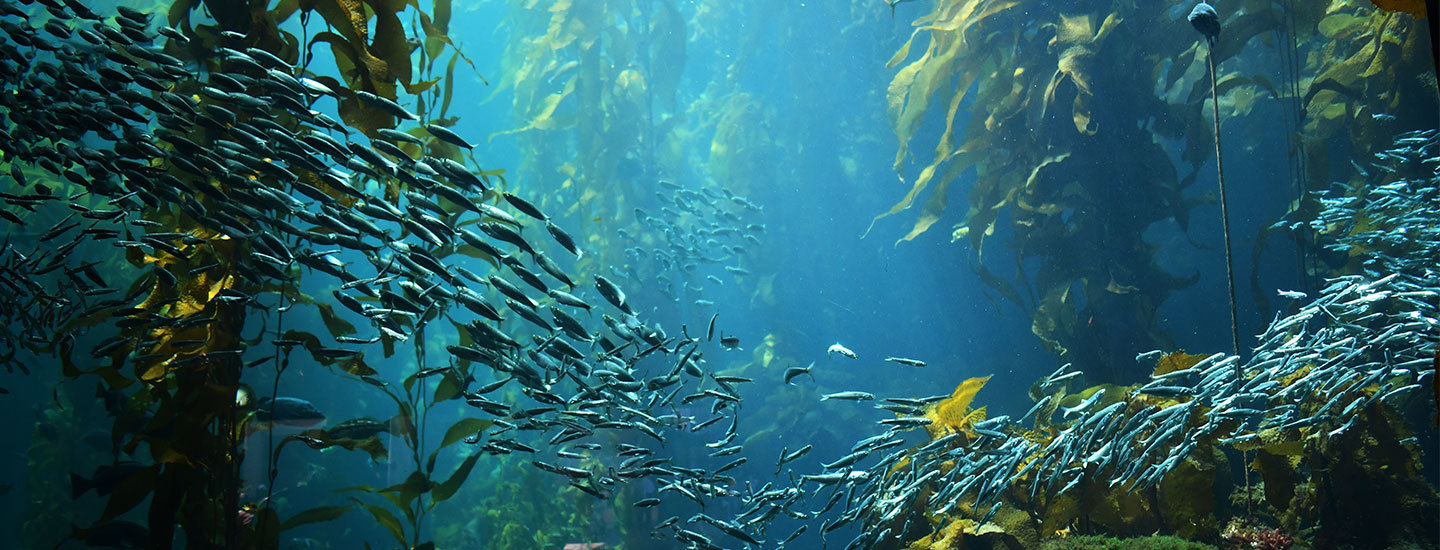
Recently, Netflix released a film titled Seaspiracy that challenges the priorities of a number of reputable ocean conservation organizations, including the Surfrider Foundation. There is no question that overfishing is a threat to ocean health, but there are also many other critical and compounding issues that must be addressed, such as climate change, plastic and water pollution, and habitat loss. All of these critical issues are important. Fortunately, this vital work is being tackled by many focused and dedicated ocean conservation organizations.
The Surfrider Foundation stands behind our 37 years of coastal and ocean conservation, which has produced hundreds of important wins that have tangibly improved the health of our coasts and ocean, to protect marine life and support coastal communities. This includes supporting the establishment of thousands of square miles of marine protected areas, passing hundreds of local and state plastic reduction laws, and stopping plans to open our coasts to offshore drilling.
The Surfrider Foundation in the United States is a grassroots organization with 200 volunteer-led chapters and clubs in communities on all coasts of the U.S., Hawaii and Puerto Rico. We focus on an array of issues, including beach access, clean water, reducing plastic pollution, ocean protection and coastal preservation, that are relevant to our thousands of volunteers who are taking action to make positive change every day. We have 145 active campaigns that range from local efforts to stop sewage pollution from entering the ocean to a federal plastics pollution bill.
Plastic pollution is one global threat to ocean health. Land-based sources of plastic waste are a significant source of plastic pollution in the ocean, and something our activists witness on our beaches and in coastal waters every day. We have conducted thousands of beach cleanups along U.S. coasts and reported the findings here. We are under no illusion that beach cleanups and straw bans alone will solve the plastic pollution problem but they are a powerful way to educate and engage people in larger policy solutions. And we are tackling the mostly commonly found single-use plastic items through local, state and federal legislation in the U.S. To date we have passed nearly 300 laws and regulations to reduce plastic pollution.
Surfrider recognizes that derelict fishing gear is also a significant contributor to the problem. Our chapters and volunteers remove thousands of “ghost nets” from our coastal environment each year, along with hundreds of thousands of pieces of plastic pollution.
For example, more than a decade ago, the Surfrider Kauai Chapter launched the ‘Net Patrol’ program in response to these tangled masses of ropes and lines, many weighing over 1,000 pounds. The chapter also maintains a hotline for people to call when they see one. In 2019 alone, 3,200 volunteers removed 107,215 pounds of marine debris from Kauai’s shoreline, with nets consisting of more than half of the debris. All of this is made possible by a strong, dedicated network of volunteers who work to clean the beaches.
Surfrider is also working to pass the federal Break Free from Plastic Pollution Act, which would direct federal agencies to study and identify solutions to ghost fishing gear in the ocean.
There is no one issue that is destroying the health of the ocean. There are numerous threats to ocean health, including climate change, plastic pollution, nutrification, habitat loss, invasive species and overfishing, to name a few. This has been documented by credible science for decades. These threats interact to multiply the stressors on ocean health and must all be addressed to ensure a healthy ocean for future generations.
We are fortunate that there are many organizations and individuals who have dedicated their lives to addressing them. It is essential that we address the many threats to the ocean. To suggest without scientific evidence that one issue supersedes all others is not only misleading, it’s also potentially damaging to many other important conservation efforts that may be undermined by such narratives.
We are optimistic that together, we can save our planet and keep our ocean healthy, but it’s going to take a massive collective effort and we encourage you to learn more and get involved with your local chapter.